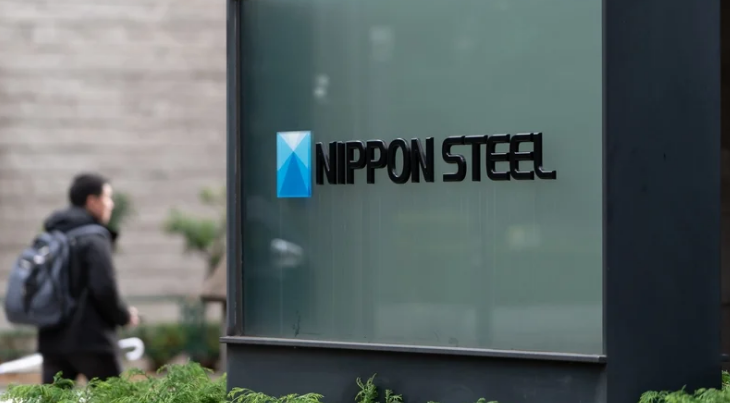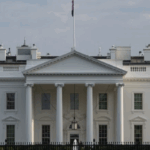U.S. President Donald Trump has signed an executive order approving a landmark partnership between US Steel and Japan’s Nippon Steel, ending months of political and regulatory uncertainty over the $14.9 billion deal.
The agreement, which had been stalled for over a year due to national security concerns, now moves forward under a newly signed National Security Agreement (NSA) between the companies and the U.S. government. The order allows Nippon Steel’s acquisition of US Steel to proceed, but under strict conditions aimed at safeguarding American strategic interests.
“US Steel will REMAIN in America, and keep its Headquarters in the Great City of Pittsburgh,” President Trump declared in a post on Truth Social, emphasizing the deal would protect U.S. industrial sovereignty while unlocking massive investment in domestic steelmaking.
In a joint statement, US Steel and Nippon Steel confirmed Trump’s approval, describing the move as a “historic partnership” that will deliver approximately $11 billion in new investments by 2028. The companies said the agreement will “protect and create more than 100,000 jobs” and position the U.S. steel industry for future growth.
While the full terms of the National Security Agreement have not been publicly disclosed, the executive order grants the president authority to issue additional directives “as shall in my judgment be necessary to protect the national security of the United States.”
The announcement comes after a lengthy review by the Committee on Foreign Investment in the United States (CFIUS), the federal body responsible for evaluating the security implications of foreign ownership in sensitive industries.
Nippon Steel’s attempt to acquire US Steel was first announced in December 2023 but was blocked by then-President Joe Biden during his final weeks in office, citing national security risks. Trump, initially a critic of the merger, reversed course in May and threw his support behind a restructured “partnership” model that keeps US Steel’s core operations and leadership rooted in the United States.
The deal is seen as a significant moment in U.S.-Japan industrial cooperation and a major boost to American steel infrastructure at a time of rising global demand and geopolitical uncertainty. It also positions the Trump administration as simultaneously tough on foreign control and pragmatic on economic growth.
Further details on how the $11 billion will be invested and how oversight will be maintained are expected to be released in the coming weeks.

















